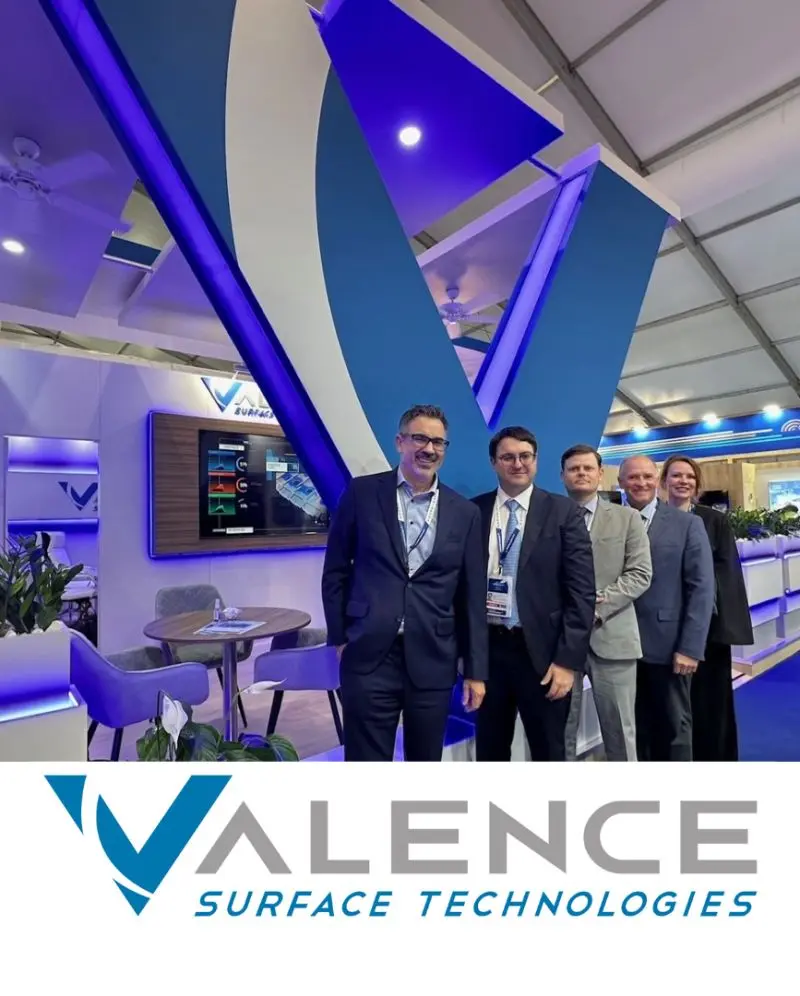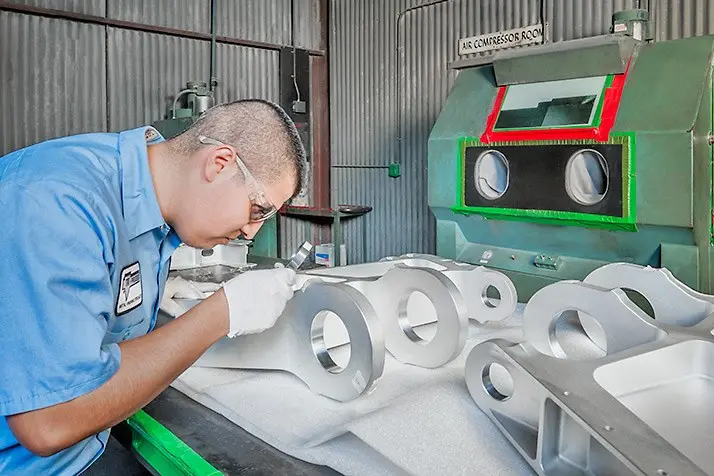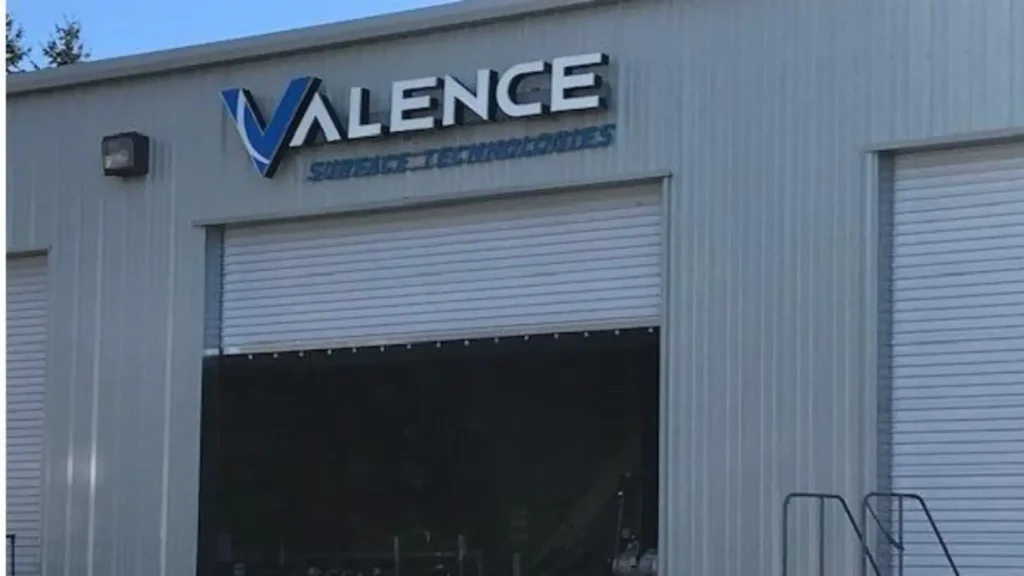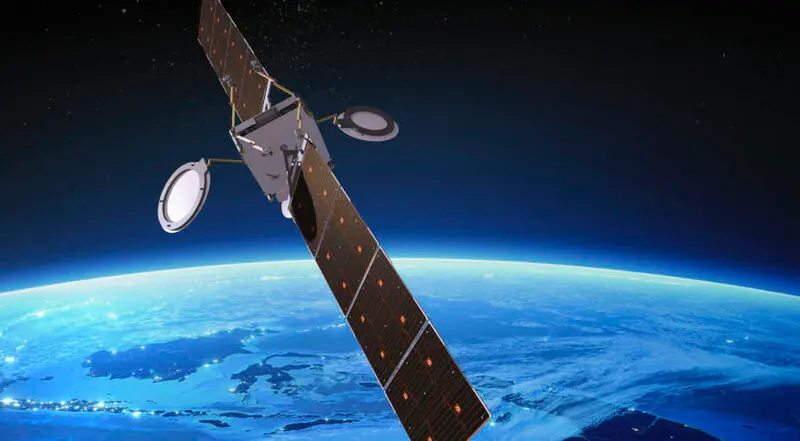Valence Surface Technologies Approved For Beoing: Valence Surface Technologies, a leading provider of aerospace metal finishing and surface treatments, has earned a crucial approval to work with Boeing, one of the largest aerospace companies in the world. This approval is a significant milestone, not only for Valence but also for the aerospace industry as a whole. Boeing’s stringent quality and safety standards mean that any company working with them must meet the highest levels of excellence in surface treatment technologies.
In this article, we will explore the importance of this approval, what Valence Surface Technologies brings to the table, and why surface treatments are essential in the aerospace industry. We’ll also dive into how this approval benefits Boeing and the broader aerospace supply chain. Lastly, we’ll look at how Valence’s work supports the sustainability and innovation goals of the aerospace sector.
Valence Surface Technologies Approved For Beoing
What is Valence Surface Technologies?
Valence Surface Technologies is a premier company specializing in metal finishing, surface treatments, and coatings for the aerospace, defense, and industrial sectors. Their services include chemical processing, anodizing, plating, painting, and more advanced surface treatments. These processes are critical in ensuring the durability, functionality, and safety of aerospace components. By working closely with manufacturers like Boeing, Valence helps ensure that aircraft parts meet or exceed performance expectations.
Valence has facilities across the United States and offers one of the most comprehensive surface treatment portfolios available. Their expertise spans a wide range of surface technologies, making them a trusted partner for leading aerospace companies. With their approval from Boeing, Valence can now directly contribute to some of the most advanced aircraft in the world, including both commercial jets and defense-related projects.

Why Surface Treatments Are Crucial in Aerospace
Surface treatments, such as anodizing, electroplating, and coating, are essential in the aerospace industry due to the extreme conditions that aircraft face. These treatments help improve the resistance of parts to corrosion, wear, and fatigue, ensuring that they can withstand harsh environmental conditions like high altitudes, fluctuating temperatures, and exposure to moisture.
Let’s break down why these treatments are indispensable:
Corrosion Resistance
Aircraft components, especially those made of aluminum and titanium, are prone to corrosion due to constant exposure to the elements. Surface treatments like anodizing create a protective layer on these metals, extending the life of parts and reducing the risk of failure.
For example, Boeing aircraft often use aluminum, which can corrode over time if not properly treated. The anodizing process adds a durable oxide layer to the metal, which makes it much more resistant to corrosion without compromising the part’s strength.
Wear Resistance
In an aircraft, moving parts are subject to constant friction and stress, leading to wear over time. Surface treatments can enhance the wear resistance of critical components like landing gears, turbine blades, and fasteners, improving their longevity and reliability.
Boeing relies on these treated parts to ensure that every component of an aircraft performs optimally throughout its service life. Even minor improvements in wear resistance can lead to significant cost savings in maintenance and repairs over the life of an aircraft.
Fatigue Resistance
Fatigue is the gradual weakening of a material caused by repeated stress over time. Surface treatments help improve the fatigue resistance of metal components by smoothing out microscopic imperfections and providing a stronger surface layer. This is particularly important in areas of the aircraft that experience high-stress loads, such as wing joints and engine mounts.
Aesthetic and Functional Coatings
Beyond protection and durability, coatings can also enhance the appearance and functionality of aircraft components. For example, certain coatings are used to make surfaces more reflective, non-stick, or resistant to temperature changes. These properties can be critical in specific aerospace applications, including defense and space exploration.

What Does Boeing’s Approval of Valence Surface Technologies Entail?
Boeing’s approval of Valence Surface Technologies means that Valence has passed rigorous audits, inspections, and quality control assessments to meet Boeing’s high standards. Boeing has a long history of working with trusted suppliers and partners, and they maintain an incredibly selective process for approving vendors, especially when it comes to critical surface treatment processes.
For Valence, this approval allows them to directly provide their services to Boeing, including for:
- Commercial aircraft production (like the Boeing 737, 747, 777, and 787)
- Defense projects (such as military jets, surveillance aircraft, and other military hardware)
- Spacecraft components
Boeing’s confidence in Valence reflects the company’s reputation for quality and innovation in metal finishing. This approval is more than just a green light to do business; it’s a testament to Valence’s excellence in delivering aerospace-grade surface treatments that meet the most demanding specifications.
Benefits to Boeing and Its Supply Chain
The partnership between Valence and Boeing offers several advantages to both companies and the aerospace supply chain at large.
Increased Efficiency
Boeing can now streamline its supply chain by working directly with a trusted surface treatment provider. This eliminates the need for additional layers of subcontracting and quality checks, reducing lead times and overall costs.
Improved Component Durability
Valence’s expertise in surface technologies means that the components they treat will have superior durability, reducing the need for replacements and maintenance. This leads to lower operational costs for airlines and increased reliability for Boeing aircraft.
Innovation in Surface Treatments
Boeing’s partnership with Valence gives them access to cutting-edge surface treatment technologies. Valence is known for pushing the boundaries of what’s possible in metal finishing, and their work often results in innovations that benefit the entire aerospace industry.
How Valence Supports Aerospace Sustainability
Sustainability is becoming an increasingly important focus for the aerospace industry. Airlines and manufacturers like Boeing are under pressure to reduce their carbon footprint, cut waste, and make aircraft more fuel-efficient. Surface treatments play a key role in these efforts, and Valence is helping to support sustainability goals in several ways:
Lightweighting
By offering treatments that improve the strength and durability of lighter materials, Valence is helping to reduce the overall weight of aircraft. Lighter planes are more fuel-efficient, which translates to lower emissions and operational costs. This is particularly important as the industry shifts toward greener technologies.
Longer Part Lifespan
Surface treatments that improve the durability of aircraft components mean fewer replacements and repairs are needed. This results in less waste and lower energy consumption in the manufacturing of new parts.
Eco-Friendly Coatings
Valence has been at the forefront of developing environmentally friendly coatings and surface treatments that reduce harmful emissions during the application process. They are committed to finding ways to minimize the environmental impact of their work, in line with Boeing’s own sustainability goals.

The Future of Surface Technologies in Aerospace
The aerospace industry is evolving rapidly, and surface technologies are playing an ever more important role in the development of next-generation aircraft. From commercial jets to spacecraft, the need for innovative surface treatments will only increase as manufacturers look for ways to improve performance, efficiency, and sustainability.
Advanced Materials
One of the major trends in aerospace is the use of advanced materials like composites and alloys that require specialized surface treatments. Valence is well-positioned to take advantage of these trends, offering solutions that work with these materials to maximize their potential.
Also read Is It Hard To Cancel vr Porrn Membership?
3D Printing and Additive Manufacturing
Additive manufacturing is becoming more common in aerospace production, and surface finishing technologies are critical to ensuring the parts created through 3D printing meet aerospace standards. Valence has already begun working with these new technologies to provide finishing services for 3D-printed parts.
Sustainability
As environmental regulations tighten and the demand for greener technologies grows, Valence will continue to focus on developing eco-friendly surface treatments that support the aerospace industry’s sustainability efforts.
Conclusion
Valence Surface Technologies’ approval to work with Boeing marks a significant achievement, both for the company and the aerospace industry at large. Their expertise in metal finishing and surface treatments will play a crucial role in the development of next-generation aircraft and defense systems.
As the aerospace industry continues to evolve, partnerships like the one between Boeing and Valence will be essential for driving innovation, improving efficiency, and supporting sustainability goals. Surface treatments may often be overlooked, but they are the backbone of ensuring that aircraft remain safe, durable, and efficient throughout their operational lives.
For those interested in the technical side of aerospace manufacturing or the business of aviation supply chains, Valence’s approval is a reminder of the critical role that surface technologies play in shaping the future of flight.
